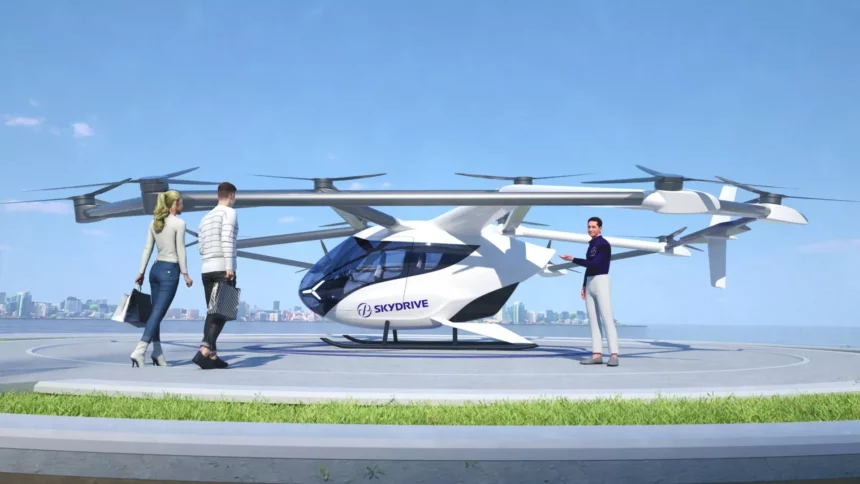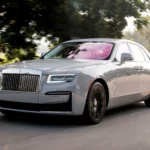Suzuki, a well-known automotive manufacturer, is teaming up with SkyDrive, a company focused on futuristic transportation, to bring flying cars to life in Japan. This collaboration marks a significant step towards revolutionizing urban travel. Here’s everything you need to know about this groundbreaking partnership and the exciting future of flying cars.
Flying cars, also known as eVTOLs (electric vertical takeoff and landing vehicles), are the next frontier in transportation. Imagine a compact vehicle that can take off and land vertically, like a helicopter, but with the added convenience of autonomous operation. These vehicles promise to alleviate traffic congestion in cities and provide faster and more efficient intercity travel.
The partnership between Suzuki and SkyDrive began in June 2023 to manufacture the SkyDrive SD-05 model at a Suzuki-owned facility in Iwata City, Shizuoka Prefecture, Japan. This marks a significant shift towards sustainable and futuristic transportation solutions. Other companies, like PAL-V Liberty, Hyundai, and Klein Vision, are also working hard in this new area. This shows that more and more people around the world are starting to like the idea of flying cars.
ALSO READ: Luftcar Seals Deal for detachable flying vans powered by hydrogen
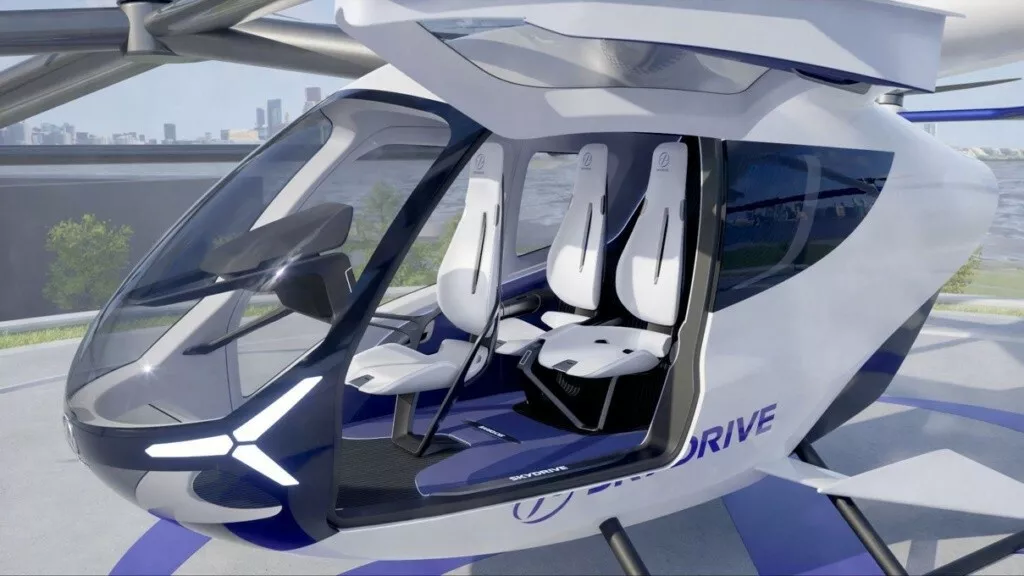
SkyDrive has been at the forefront of flying car development since 2014. Their goal is to make flying cars accessible to everyone, not just in Japan but around the world. By partnering with Suzuki, they aim to accelerate the production and adoption of eVTOLs, paving the way for a future where flying cars are a common sight in our skies.
| Model | SD-05 |
|---|---|
| Maximum Speed | 62 mph |
| Propellers | 12 propellers powered by 12 electric motors |
| Range | Up to 6 miles |
| Flight Time | Close to 10 minutes |
| seat | Three seats |
Even though flying cars seem really cool, making a lot of them is still a bit far off. SkyDrive hopes to start making them by the spring of 2024 at the Suzuki factory. They think they can make about 100 of these flying cars every year. But there are still some rules they need to follow. They need to prove that the flying cars are safe to fly, and that might not happen until 2025 or 2026. The company had already secured cumulative funding close to 15 billion yen (just over USD103 million) from 13 different companies, by April 2023.
ALSO READ: Doroni H1-X: Electric Flying Car Designed to Fit in a 2-Car Garage, Set to Debut in 2025
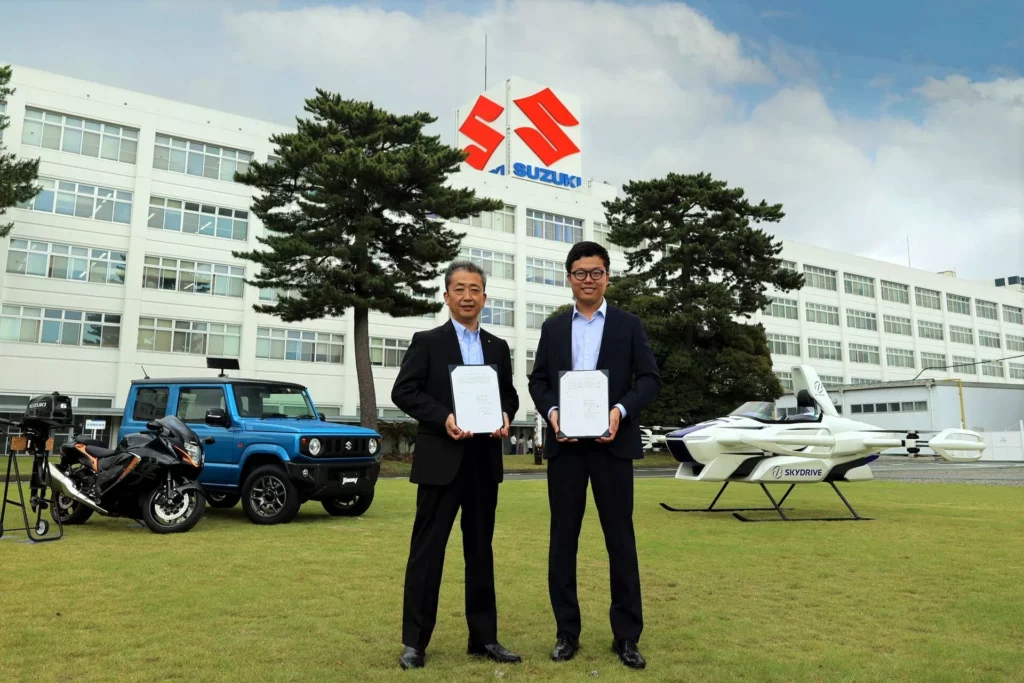
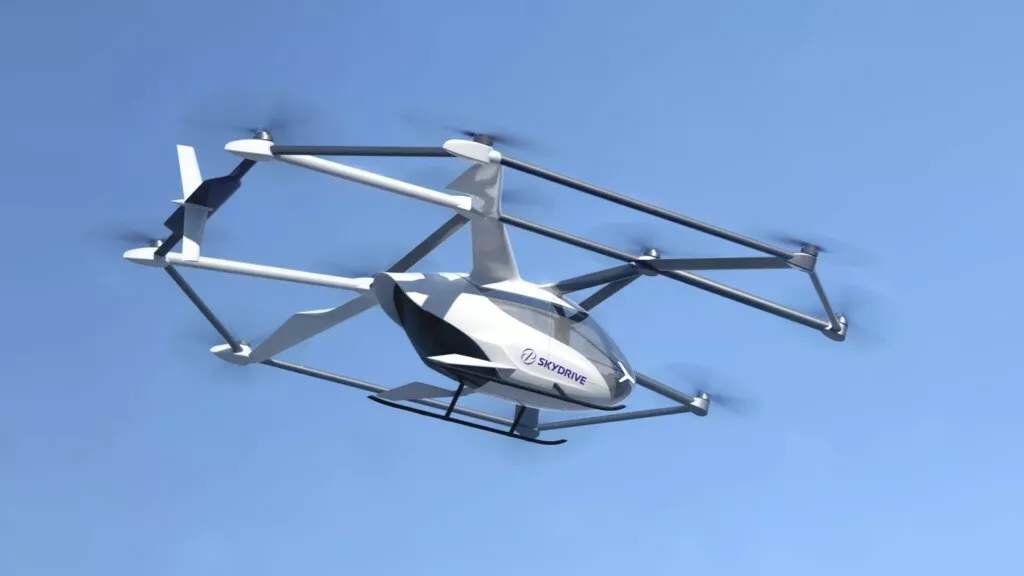
While the partnership holds immense promise, there are challenges to overcome. One major hurdle is obtaining certification for airworthiness, ensuring that the flying cars meet safety standards. Additionally, regulatory approval from authorities like the Federal Aviation Administration (FAA) will be crucial for mass adoption.
While the initial focus is on Japan, SkyDrive has plans for global expansion. They aim to test their flying cars in Gujarat, India, by 2027, in collaboration with local partners. Similarly, partnerships in Korea aim to address traffic congestion issues in urban areas, showcasing the global impact of this collaboration.
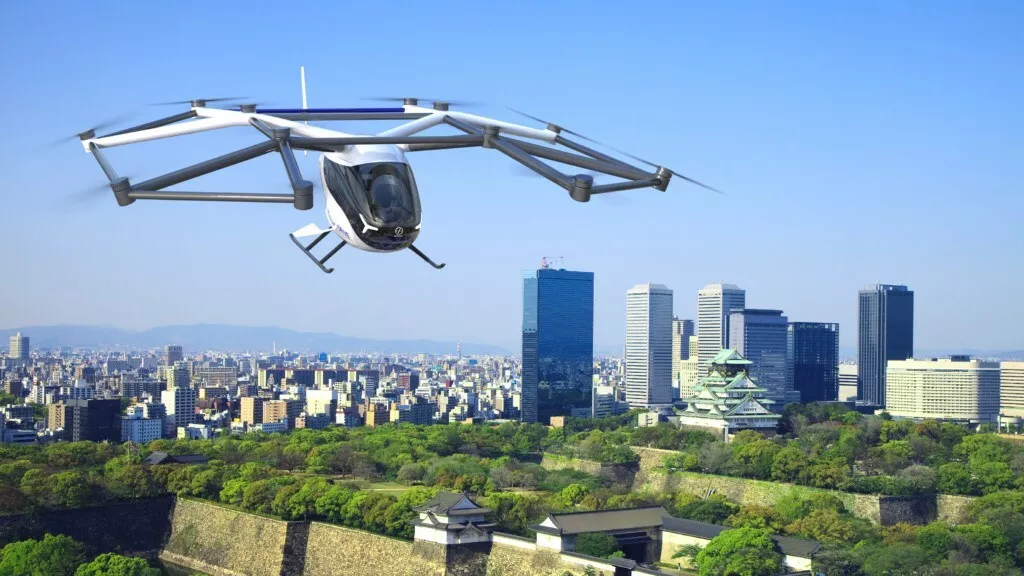
Beyond the excitement of flying cars, the collaboration between Suzuki and SkyDrive underscores a commitment to sustainability. By reducing traffic congestion and exploring eco-friendly travel options, they are contributing to a greener and more sustainable future.
The collaboration between Suzuki and SkyDrive isn’t just about manufacturing flying cars; it’s also about fostering innovation and partnerships. From high-speed charging infrastructure development with the Kansai Electric Power Company (KEPCO) to strategic alliances with Korean partners, the collaboration is driving forward the future of transportation.

